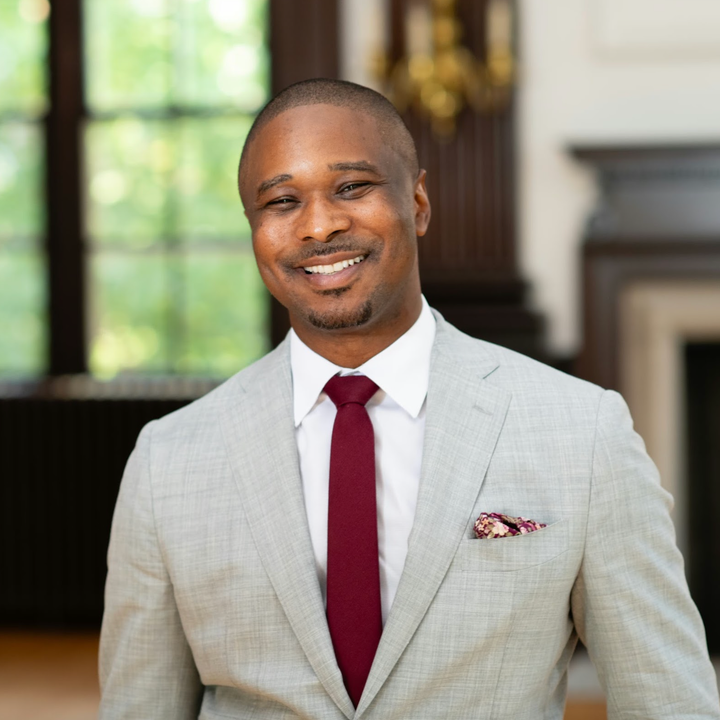International Students Offer Their Perspectives on U.S. Elections
A panel of international students discussed the potential consequences of the U.S. elections on their home countries. They described uncertainty about the future of U.S. foreign policy, concern about the spread of autocracy, and fear about the consequences of a second Trump term.
Students from Kenya, China, New Zealand, Japan, and Romania, despite not being able to vote in the United States, discussed the upcoming election and its impacts within their countries on Thursday, Oct. 24.
The event sought to create an environment to share how the election is being perceived in other countries and recognize the diverse perspectives of international students.
Professor of Political Science Eleonora Mattiacci and students working within the college’s International Relations Lab, which she also manages, organized the event. The moderators, Phuong Doan ’26 and Macy Li ’27 began with a question about how the election is being discussed within in foreign countries.
“People are ... surprised by Joe Biden dropping out of the election and Harris stepping in,” said Claire Liu ’27, a student from Shanghai, when asked about how the election is perceived in China. “There is a lot of ambiguity on Harris’ side in terms of how she sees the relationship with China.”
Other students spoke to the uncertainty surrounding U.S. foreign policy and the potential implications that a change in leadership could have on international trade. Maika Thanner ’27, who is from Japan, spoke of the potential effects of a Trump victory on electric vehicle production. “I believe that Biden’s policies for EVs are benefitting manufacturers and producers. If Trump does win, our exports will decrease, so the economy will take a hit.”
While many of the panelists, such as Oscar Gosling ’27 — who spoke on behalf of New Zealand — suggested that the election would not substantially affect his country’s political norms, Kenyan international student Martha Odhiambo ’26 stated the opposite.
“Kenya has a [leader] who is trying to shape a military regime. So, I think that it’s very important that the president of the U.S., or whoever gets elected here, has a big support for democracy,” she said.
When asked about how perceptions of American elections have changed over time, the focus remained on Trump’s presence in the American political scene.
Alex Coiov ’28, a student from Romania, said, “We have always been concerned with the U.S., but after 2016, we’ve been even more concerned. Trump is this energizing, effervescent figure. He can rule with an iron fist. That’s why Romanians have been paying closer attention to the elections.”
German language assistant Johanna Schlueter said that many German citizens believe the only “reasonable choice” is Harris, citing a representative survey that found 72% of Germans would rather have Harris as president.
One of the priorities of the panel was to give audience members an opportunity to participate in the conversation and ask the panelists questions.
In response to a question on how the change from Biden to Harris as the democratic candidate has impacted international perceptions, Gosling noted how many New Zealanders respect Biden for his long political career, while Harris’ background is less well-known.
“Kamala does not have the same respect, and Trump does have a proven record during his presidency.”
Alex Taratorina ’28 again discussed the implications of another Trump administration, asking about the potential impacts on the U.S.’s role in conjunction with supranational organizations.
Coiov said that the European Union would likely retaliate if heavy sanctions were implemented, as Trump has proposed, and that U.S. policy focusing on these economic policies would draw concentration from global conflicts that deserve greater attention.




Comments ()